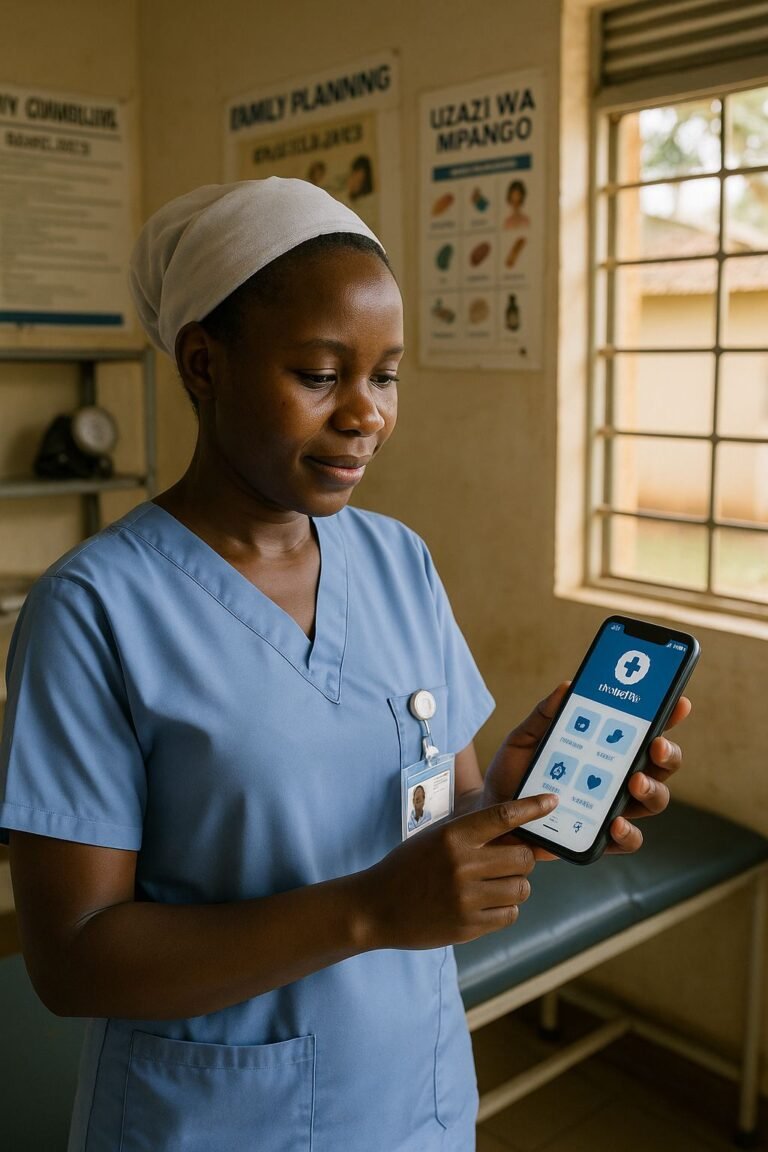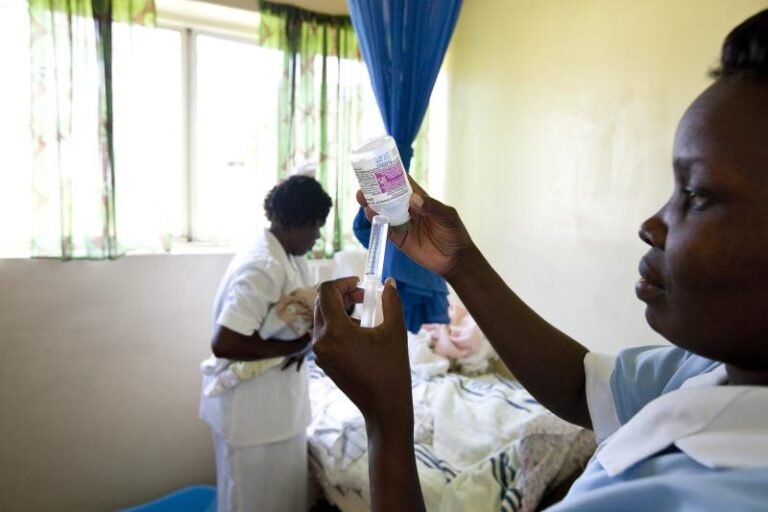Launching a health tech startup in Africa is both a rewarding and challenging journey. On the one hand, the continent is bursting with opportunities due to its young population, fast growth, and increasing connectivity through mobile technology. On the other hand, healthcare systems are often underfunded, fragmented, and unable to meet the demand for affordable, quality care. This gap creates an opportunity for innovation, but building a solution that has a real impact requires funding.
For African founders, securing capital presents unique challenges. Traditional investors may view healthcare as risky or highly regulated, while global funders sometimes misunderstand the realities on the ground. Yet, despite these hurdles, a growing ecosystem of grants, angel networks, venture funds, and corporate partnerships is opening doors for African health tech. The key is knowing where to look, how to position your startup, and how to strike a balance between social impact and financial sustainability.
Understanding the Funding Landscape
Bootstrapping
Most African startups begin by bootstrapping: using personal savings or contributions from family and friends. This stage is critical for proving your commitment and developing a minimum viable product (MVP). While bootstrapping won’t usually get you far in scaling, it can help you validate your idea before seeking external investment.
Grants and Innovation Challenges
Grants remain one of the most accessible forms of capital for health tech founders. Unlike equity, grants don’t require giving up ownership. Winning a grant or competition doesn’t just bring money; it also brings credibility and visibility, which can open doors to other investors.
Angel Investors and Diaspora Networks
The African Business Angel Network (ABAN), Lagos Angel Network, and other regional groups are increasingly supporting startups. Angel investors often bring mentorship, connections, and early funding that can help refine your product. The African diaspora are also stepping in as early backers, motivated by both profit and a desire to contribute to Africa’s development.
Venture Capital (VC)
VC investment in Africa has been growing, with health tech beginning to capture more attention. Funds like TLcom Capital, Novastar Ventures, and Villgro Africa are actively exploring healthcare innovations. However, VC funding usually comes later, once you have traction. Founders should be prepared with strong financial models and clear scalability plans.
Helium Health, a healthtech start-up, began as a small idea to digitise hospital records in Nigeria, where paper-based systems were prevalent. After developing their MVP and conducting pilots, they gained attention from both local and international investors. In 2020, they secured $10 million in Series A funding from investors like Global Ventures and Tencent. Their success demonstrates that a strong problem-solution fit and early traction can attract substantial VC capital.
Corporate Partnerships
Corporate players, including telecom companies, pharmaceutical firms, and hospital groups, are increasingly interested in partnering with startups. For example, a digital health app can partner with a telecom provider to scale through SMS/USSD, or with a hospital chain to integrate services. Corporate partnerships often start as pilot projects but can evolve into long-term collaborations with funding and distribution built in.
One good example of a health tech startup that leveraged corporate partnerships is Zipline, a drone delivery company in Rwanda. By partnering with the Rwandan government and health ministry, Zipline secured contracts to deliver blood and medical supplies to remote areas. The government partnership not only provided revenue but also validated the model, enabling Zipline to expand into Ghana and Nigeria with additional funding from global VCs.
Development Finance Institutions (DFIs)
Larger-scale health ventures may also access funding from DFIs like the African Development Bank or British International Investment (BII). These institutions seek businesses that combine financial sustainability with measurable social impact, making health tech a strong candidate if the model is robust.
Conclusion
For African health tech founders, funding is not simply about raising money. It is about building solutions that transform healthcare while demonstrating financial sustainability. By understanding the funding landscape, aligning impact with profit, crafting compelling stories, and leveraging the continent’s growing innovation ecosystem, African founders can unlock the resources they need to scale.





7 Responses
JoyJili Legit? Gotta be sure before I drop any cash. Need some honest reviews on joyjililegit before I sign up. Anyone playing there?
YY777bet is okay! I’ve played a few times. Standard stuff, but sometimes that’s all you need, diba? Try mo na! Check them out: yy777bet
Alright, 5mbdangky looks like a good place to sign up. The registration process was pretty easy, fingers crossed everything else is smooth sailing too! Definitely worth a look if you need a spot to register. Have a gander: 5mbdangky
Gonna try my luck on 001gamebet tonight. Their sign-up bonus is kinda tempting. Hopefully, it’s not too good to be true! 001gamebet
Alright, alright, let’s talk fbbet8. Been giving it a spin and it’s not bad! Smooth interface, decent odds. Gotta keep an eye on their bonuses, they seem to change up a bit. Give it a shot! Check it out: fbbet8
PHGreatCasino, tried it out. Nothing mind-blowing, but not bad either! You may find your next favourite game there. Try it here if you like, mate: phgreatcasino
Phenjoy, not my usual jam, but it’s alright. I could say I had better, yet it is totally passable and might suit one’s needs. Give it a look: phenjoy